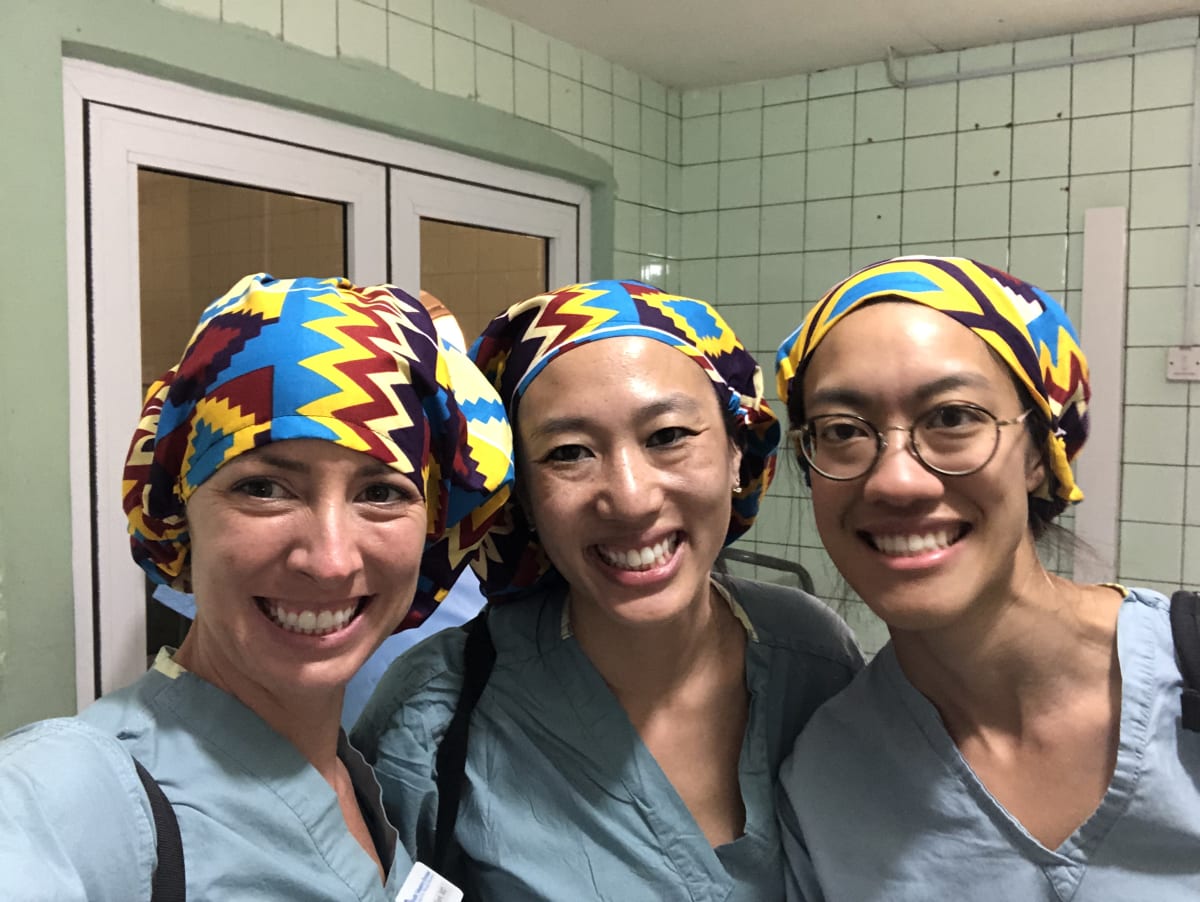Komfo Anokye Teaching Hospital (KATH) in Kumasi, Ghana provides training and education for anesthesia residents, medical students, house officers, nurse anesthetists, and nurse anesthetist students. Through Health Volunteers Overseas and the Northwestern University McGaw Global Health Clinical Scholars Program, I will be teaching anesthesiology to local providers as well as supervising a Northwestern resident and a fellow as they complete global health electives at KATH. We will provide a combination of didactic lectures and clinical teaching. We will also provide training on regional anesthesiology techniques including ultrasound guided truncal blocks. By providing education and training, we hope to help improve the safety and quality of anesthesia provided.
The immediate benefit will be to the local providers at KATH as well as the patients who undergo surgical procedures there. Through collaboration and sharing of information, the local providers will hopefully be better able to provide safe anesthetic care to their patients. In addition, as the students finish their training and disperse to other hospitals in the surrounding regions, they will be able to continue to share their knowledge and skills with the providers around them.
The expected impact will be the sharing of knowledge and skills through scheduled classroom lectures, seminars, and journal clubs. In addition, clinical teaching will be provided in the different operating sites at KATH and on rounds in the ICU. The nurse anesthetists, nurse anesthetist students, residents, and medical students will all have the opportunity to attend both didactic and clinical teaching. The learnings will carry forward after my return through learning materials that will be provided, incorporation within the existing curriculum already present at KATH, and through the continued relationship with Health Volunteers Overseas.






Our trip focused on the education of local providers in regional anesthesiology techniques. This included formal lectures as well as clinical teaching. While this most directly impacted the anesthesia staff, the patients who will ultimately receive the peripheral nerve blocks will also benefit from decreased risk of general anesthesia and improved postoperative analgesia.